Is an ideal technique for packaging that requires continuous design changes, offering good print quality.
Ideal for printing:
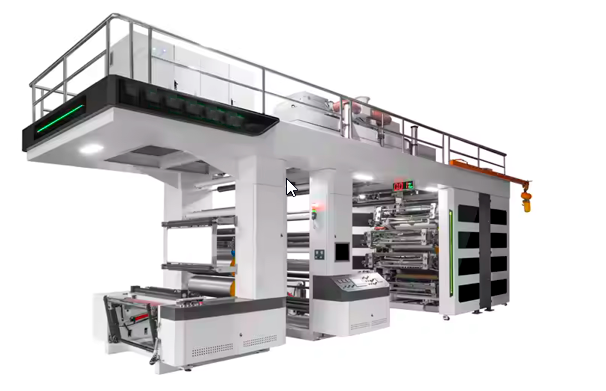
Is a printing technique that allows for the reproduction of designs with excellent definition, greater sharpness, vivid colors, and legible text, enhancing the image and presentation of your product.
Ideal for printing:
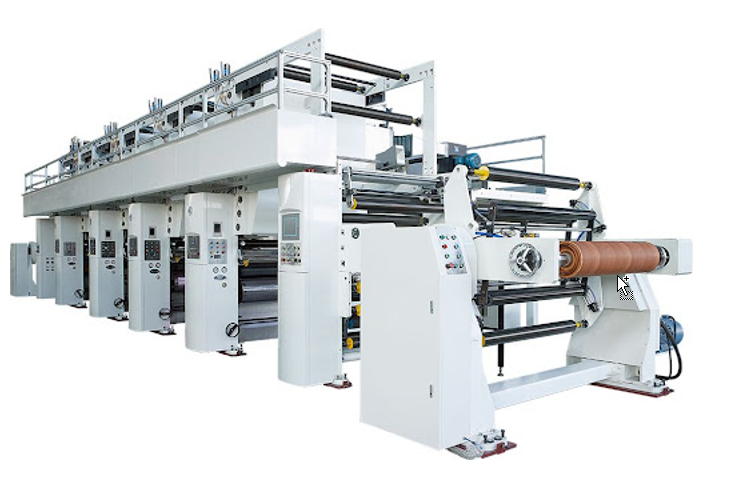
Is a technique that provides excellent image quality, making it ideal for flat substrates.
Ideal for printing on:
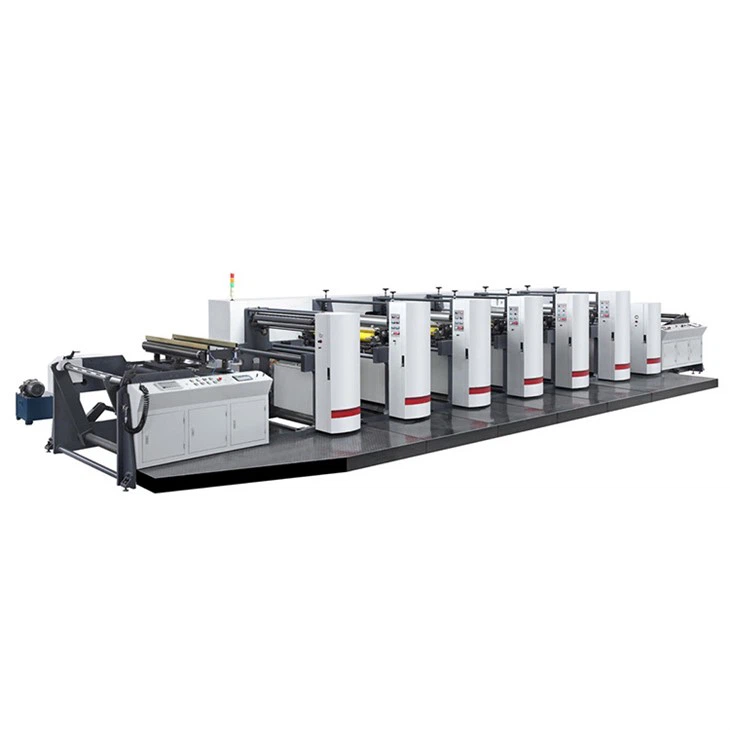
Is a process whereby two or more substrates are bonded together to enhance the properties of flexible packaging. These enhancements include protecting the product from odors and flavors, extending shelf life, preserving the product and protecting it from light, achieving a better print finish, among other properties.
Ideal for:
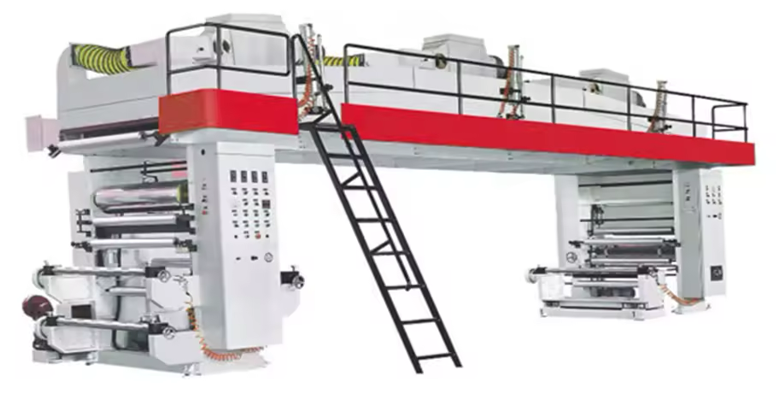
Is the process where previously processed and printed raw materials are transformed into bags, which can be complemented with accessories such as zippers, die-cut handles, easy-open features, adhesive tape, etc. This process achieves packaging types such as:

Is a bagging process with automatic filling where the bag is sealed both above and below, featuring a rear seal with a tab for easy opening.
Ideal for packaging:
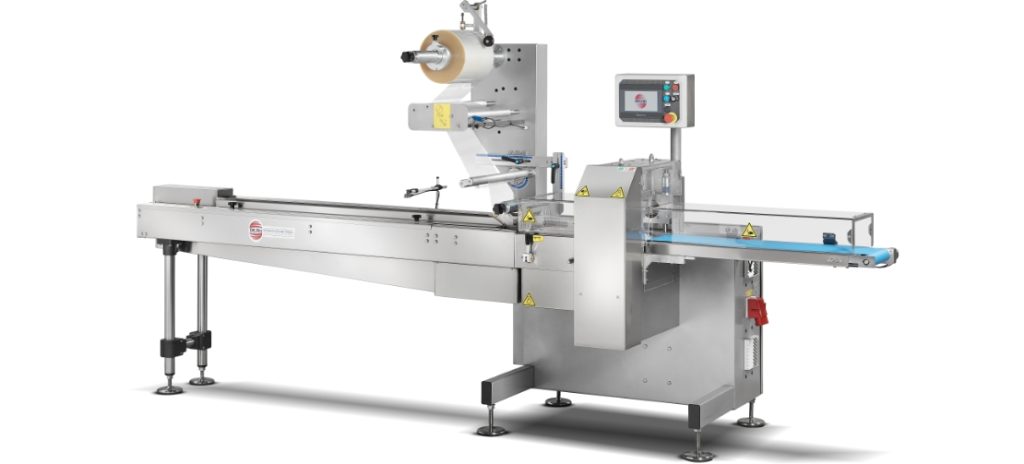
Contáctanos por WhatsApp